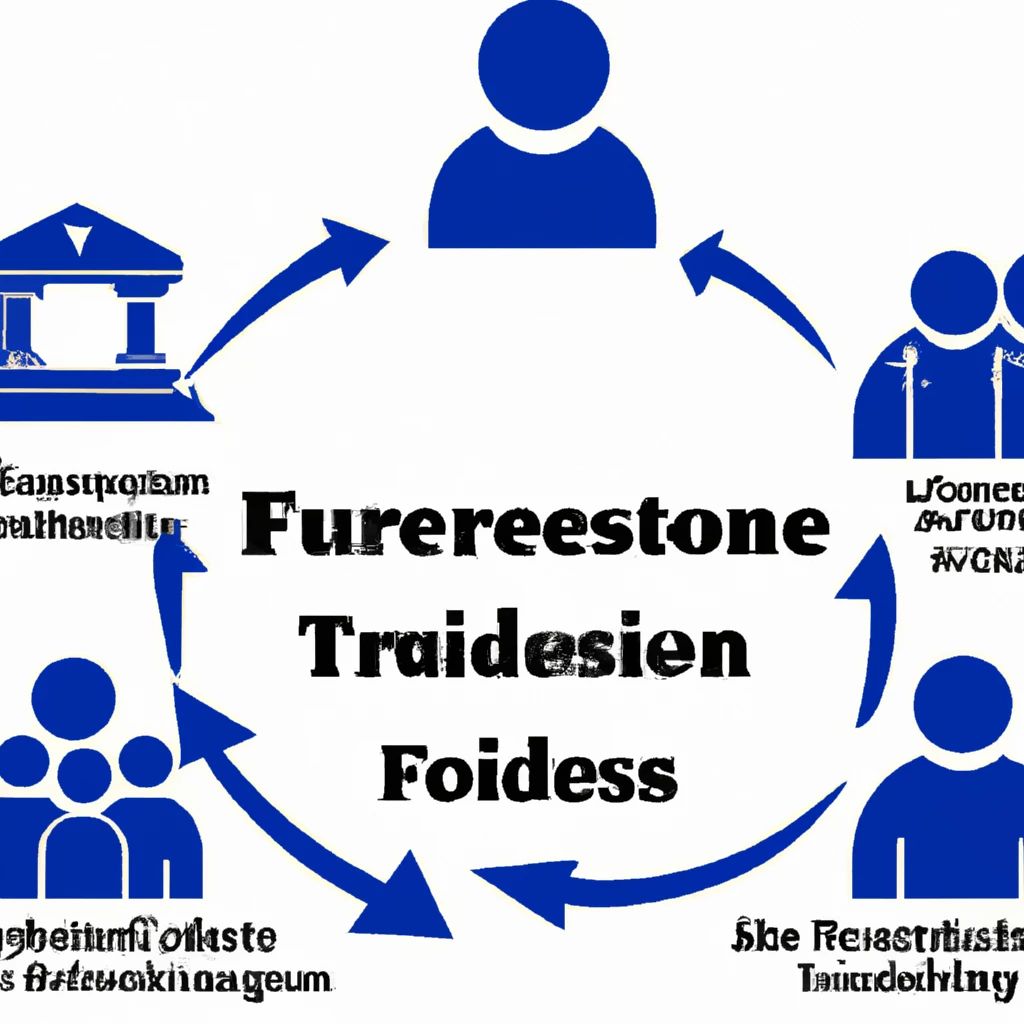Understanding Judicial Foreclosure
Judicial foreclosure is a legal process that involves court proceedings for foreclosing on a property when the mortgage lacks a power of sale clause. In this scenario, the court system handles the foreclosure instead of a private sale authorized by the lender.
A power of sale clause in a mortgage grants the lender the right to sell the property if the borrower defaults, bypassing the need for legal action. This clause, common in many states, enables lenders to initiate foreclosures swiftly.
- Judicial foreclosure involves court-led proceedings for property foreclosure.
- This process is triggered when a mortgage lacks a power of sale clause.
- Judicial foreclosures are typically lengthy, lasting from months to years.
How Judicial Foreclosure Works
Judicial foreclosure is a court-administered process for selling a home to settle outstanding debt, governed by state laws. While many states mandate judicial foreclosures, some allow nonjudicial options.
If a borrower defaults, the court may schedule an auction to repay the lender. This differs from nonjudicial foreclosures that bypass court involvement.
Judicial foreclosure safeguards debtor equity and prevents unethical lender practices. If the auction falls short, the borrower remains liable for the balance.
120 Days
The specific period during which a borrower must default on a mortgage before foreclosure proceedings begin.
How Judicial Foreclosure Works
Judicial foreclosures typically span six months to three years, contingent on state regulations. Initiation requires a 120-day delinquency period following which the servicer sends a breach notice to the borrower.
If the default is not remedied within 30 days, the servicer proceeds with foreclosure action, filing a lawsuit in the property’s county requesting sale permission to settle debts.
The court grants a foreclosure judgment unless the borrower provides a valid defense. Depending on state laws, a deficiency judgment might allow the sale price to be lower than the mortgage debt.
A deficiency judgment can enable the lender to obtain a personal judgment against the borrower for any shortfall following foreclosure sale. This serves as a precaution to protect lenders against financial losses.
Mortgage discrimination is illegal. If you suspect discriminatory practices, report to the Consumer Financial Protection Bureau or the U.S. Department of Housing and Urban Development (HUD).
